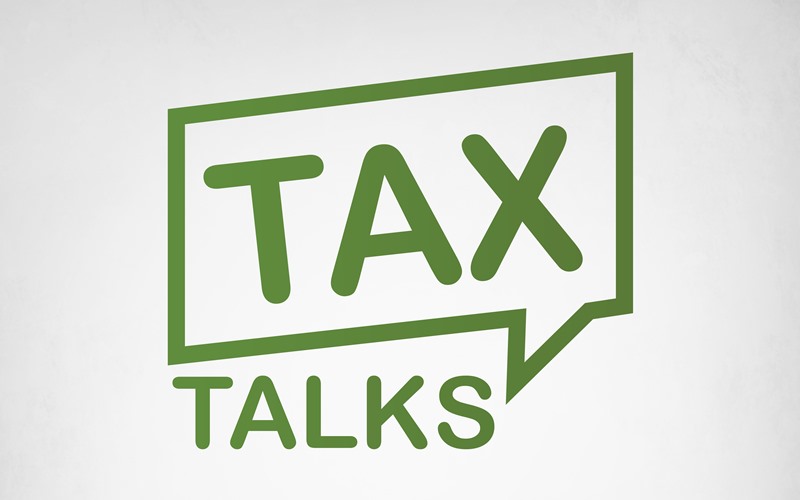October 25, 2022

During the pandemic, the Employee Retention Credit (ERC) was a powerful tax credit in the agricultural industry. The ERC is a refundable tax credit that taxpayers could obtain by meeting a quantitative test for either a decline in revenues, or because their business was shut down wholly or partially due to a governmental order. This shutdown test includes “supply chain disruptions.”
Since the latter test is more subjective, there has been significant activity among taxpayers trying to qualify for the ERC. In fact, there are many companies now guaranteeing that taxpayers qualify due to these disruptions. Today’s blog considers how the IRS views a supply chain disruption.
In Notice 2021-20, the IRS gives guidance on how a taxpayer might qualify due to a supply chain disruption. Question and Answer 12 provides the following analysis:
If a governmental order causes the suppliers to a business to suspend their operations, is the business considered to have a suspension of operations due to a governmental order?
An employer may be considered to have a full or partial suspension of operations due to a governmental order if, under the facts and circumstances, the business’s suppliers are unable to make deliveries of critical goods or materials due to a governmental order that causes the supplier to suspend its operations. If the facts and circumstances indicate that the business’s operations are fully or partially suspended as a result of the inability to obtain critical goods or materials from its suppliers because they were required to suspend operations, then the business would be considered an eligible employer for calendar quarters during which its operations are fully or partially suspended and may be eligible to receive the employee retention credit.
Employer A operates an auto parts manufacturing business. Employer A’s supplier of raw materials is required to fully suspend its operations due to a governmental order. Employer A is unable to procure these raw materials from an alternate supplier. As a consequence of the suspension of Employer A’s supplier, Employer A is not able to perform its operations for a period of time. Under these facts and circumstances, Employer A would be considered an eligible employer during this period because its operations have been suspended due to the governmental order that suspended operations of its supplier.
As it relates to agriculture, if we extrapolate from the example above, in order for a farmer to qualify they:
- Would need to have their suppliers unable to make deliveries of critical goods or materials due to a governmental order that causes the supplier to suspend operations.
- The farmer would then have to be unable to source those critical goods or materials from another supplier.
- As a result of being unable to source critical goods or materials, the farmer isn’t able to farm for a period of time.
It is important for taxpayers to keep in mind that the IRS has five years to audit the Employee Retention Credit. The ERC is an area under IRS scrutiny and taxpayers should seek sound advice as they look to navigate eligibility.
Farm Credit East’s team of tax planning and prep specialists understand the latest ag tax laws and work to find the deductions you deserve.




